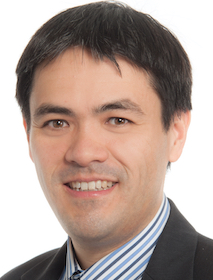Abbreviation: SPF=Sun Protection Factor
Why apply sunscreens ?
-lifetime risk of melanoma is one in 55 individuals in the United States. This number rises to one In 24 if Melanoma in situ is also included
0incidence is rising everywhere dramatically
Does applying a sunscreen reduce the risk of melanoma ?
-In the 70s, Green et al. conducted a prospective study on 1621 subjects in Australia for 5 years and then followed the subjects (and controls) of 10 years. Application of sunscreen was done every day.
Results showed that the daily usage, lowered the risk of melanoma by 2 when compared with controls
SPF: how high is enough ?
-SPF50 or more is available in the US, New Zealand and Europe
-In Australia, there is a SPF 50 cap
Is it a good idea to put a cap on SPF (that is 50 or 50+) ?
- Arguments against higher SPFs:
- higher cost of the product
- a higher SPF value ads less and less effectiveness the higher (from SPF15 to 100 marginal increase of 1%)
- a higher SPF value ads less and less effective the higher (from SPF15 to 100 marginal increase of 1%)
But some say that a higher SPF encourages some to spend more time in the sun because of a false sense of security; however Melanin stimulation is linked to the absolute number of photons passing through and even when staying longer with a higher SPF, fewer photons pass through
- Arguments in favor of a high SPF
- Usually a topical concentration of 2mg/cm2 is recommended but in practice, people often apply less (and less frequently than instructed)
- In a study, 7 sunscreens of SPF 30 to 100 were used. Application of suboptimal concentrations of 0.5, 1, 1.5 mg/cm2 were applied and compared to the recommended concentration (2mg/cm2). Results are worrying showing that when applying SPF30 at 0.5mg/cm2, the effective SPF fell to 8 !
- People do not know if SPF50+ means 51 or 100.
- Usually a topical concentration of 2mg/cm2 is recommended but in practice, people often apply less (and less frequently than instructed)
Do we need an SPF >50+? Darrell Rigel (United States). SY16 – Photoprotection and Sunscreens. World Congress of Dermatology 2015 – Vancouver, Canada




 +41 22 738 18 48
+41 22 738 18 48